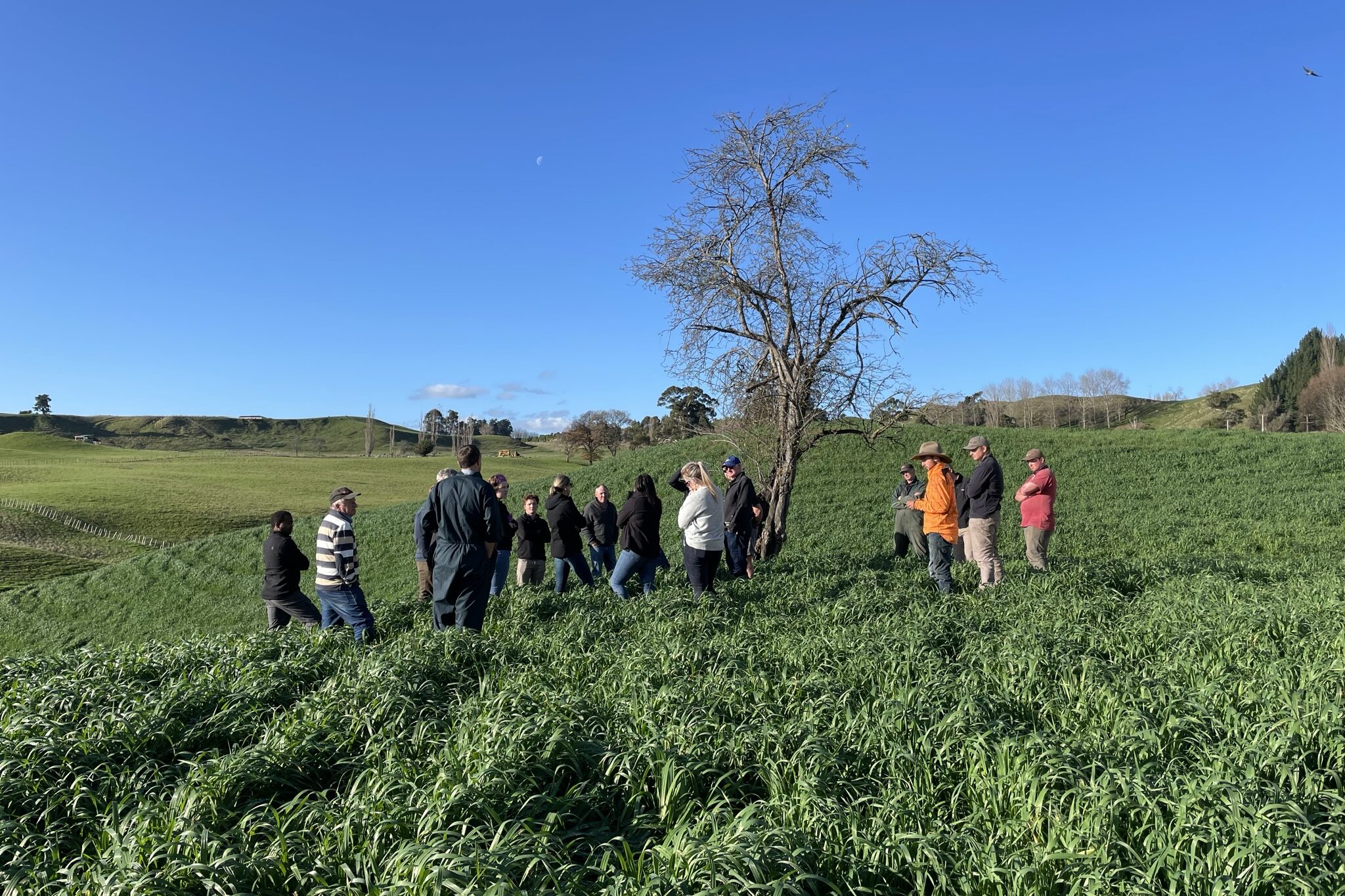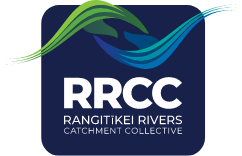Funds boost fight against beard growth in Rangitīkei

beard growth in Rangitīkei
RRCC Media Release: 15 August 2023
Rangitīkei Rivers Catchment Collective (RRCC) has successfully completed a two and a half-year Environmental Restoration Project that saw 1400 ha of Old Man’s Beard (OMB) removed and 25,000 native trees and poplars planted in the Rangitīkei.
RRCC is a farmer led collective of rural residents and farm owners working to protect the environment and enhance biodiversity in the Rangitīkei, Turakina and Whangaehu River catchments. RRCC’s main focus is bringing rural communities together, gathering environmental data, and closing the knowledge gap so farm businesses continue to grow and thrive as they strive to get ahead of societies expectations.
With the support of member subscriptions and Ministry for Primary Industries (MPI) funding RRCC undertakes monthly water quality monitoring at 88 sites across its 700,000-ha catchment. “Since 2018, RRCC have built a significant regional dataset of water quality monitoring, which substantially out numbers regional council monitoring. Three to five years of data has been collected from nine of our twenty-two sub-catchment groups, and this will continue to grow year on year,” says Louise Totman, RRCC Catchment Coordinator.
In the last two years RRCC has successfully delivered 56 workshops and undertaken a number of projects, including the Environmental Restoration project which was funded from a grant awarded in 2020 to RRCC by MPI, via the Sustainable Land Use /Jobs for Nature fund.
OMB grows where there is no threat of it being eaten, such as road and rail corridors, retired farmland, and fenced riparian edges. It is an aggressive fast-growing vine that spreads quickly through forest canopies by forming a tangled, smothering mass over other vegetation and trees.
“We really made a difference on properties where landowners are fighting to keep the weed from spreading,” says Ruth Rainey, RRCC Committee Member and Project Sponsor.

RRCC contracted the services of the Rangitīkei Environment Group (REG), Rangitīkei Helicopters, AgDrone and Dronezup to remove the weed. The funding doubled the capacity of REG, who have been providing weed control services for over 20 years in the Rangitīkei.
“In the majority of cases when we turned up at a property we were shown to an area of indigenous forest remnant where the weed was starting to establish,” says Neil Gallagher, REG Project Manager.
Preserving these valuable areas of indigenous/native bush is important for providing habitat for indigenous plants and wildlife, shade and shelter for stock, stabilising soil, and enhancing the landscape.
“With lots of riparian planting and land retirement happening on farms it critical that the growth and spread of the unwanted weed is controlled to stop it spreading into newly planted and retired areas of native trees as well as our valuable stock of indigenous forest remnants,” says Roger Dalrymple, RRCC Chairperson.
Horizons Regional Council has pledged $15,000 to RRCC to extend its Environmental Restoration Project to June 2024 to help control the bearded weed in private Indigenous/native bush.
